Posted on March 04, 2025
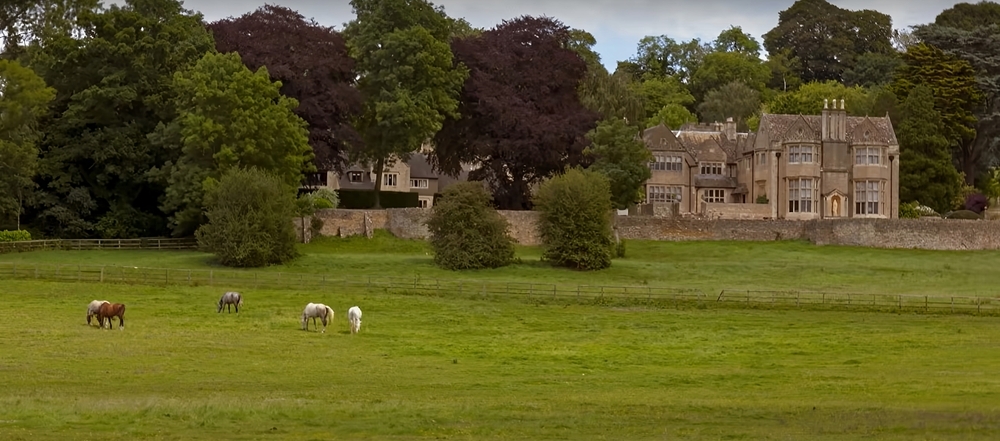
For many homebuyers, there appears to be a trade-off between the charm and character of a period property and the growing need for a more sustainable, eco-conscious home. But must the two be mutually exclusive? Enhancing the eco-friendliness of a listed property requires thoughtful integration of sustainable practices that respect the building's historical significance. Here are some strategies to consider.
Heating Solutions
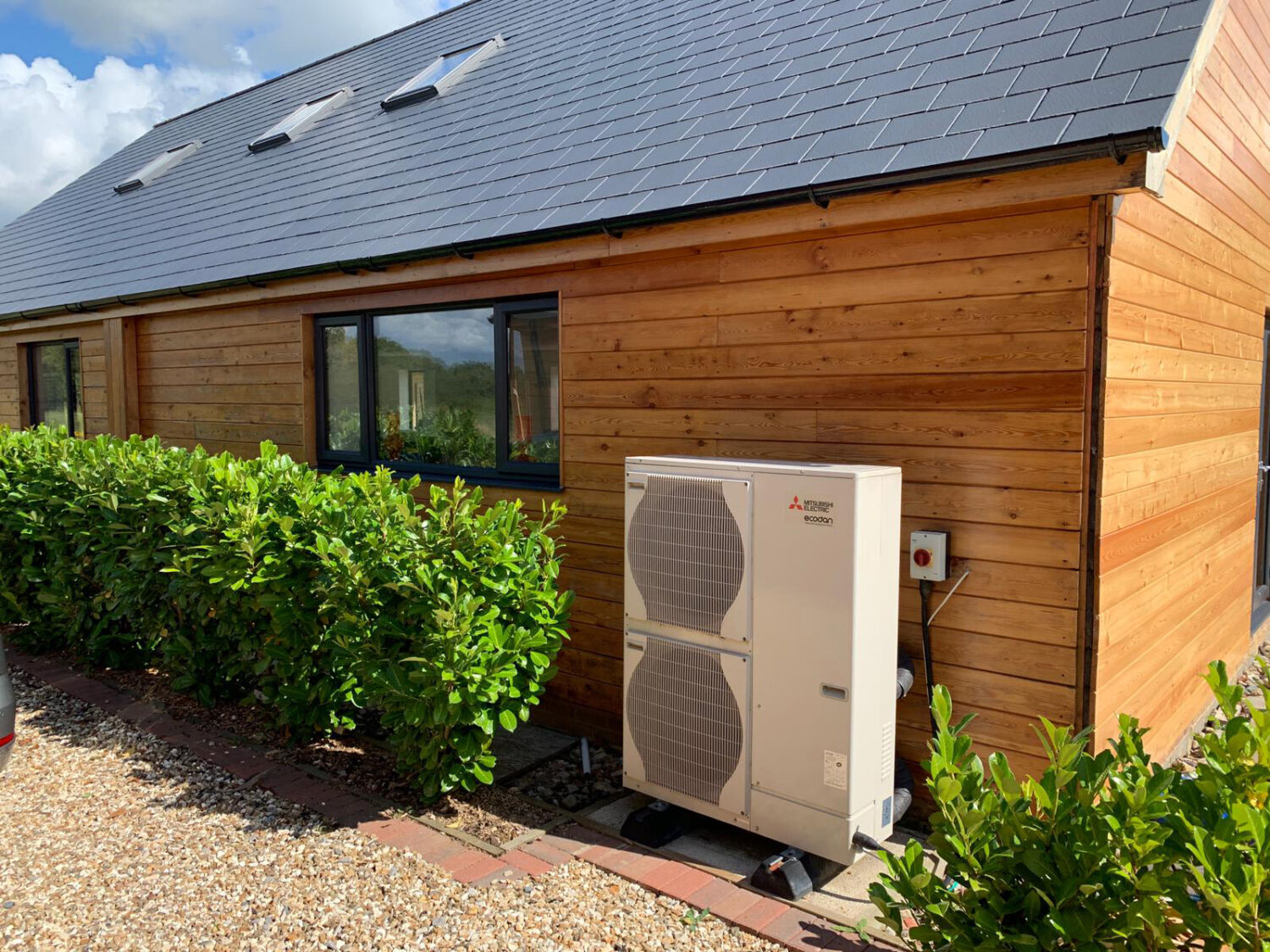
Jason Rogan from Cirencester-based C P Jefferies plumbing and heating explains how Air Source Heat Pumps are a great option to be retrofitted to listed properties to provide a 'clean source' of heating for your period home instead of oil or gas. Combined with a green electricity source they can drastically reduce your energy bills, too.
Daily Practices
The choices made in daily household management greatly impact overall sustainability. Opting for energy-efficient appliances, diligently recycling, and being mindful of energy consumption are foundational steps. Additionally, selecting non-toxic, biodegradable cleaning products and reducing 'phantom loads' by unplugging unused devices can further enhance eco-friendliness.
Garden Practices
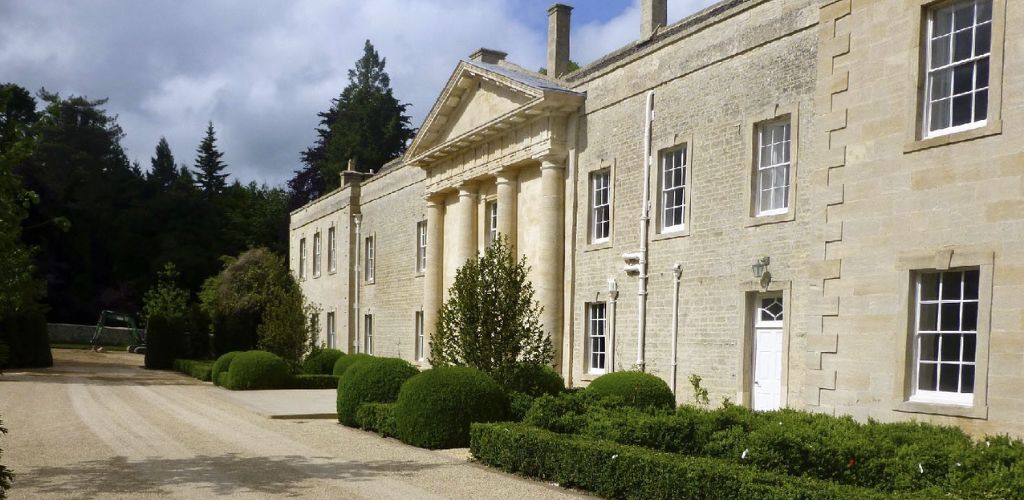
The garden offers ample opportunities to bolster a property's ecological value. Award-winning garden designer Harriet Parsons recommends maintaining an organic garden free from chemicals to support diverse wildlife. Incorporating a variety of plant species, especially those with single flowers rich in pollen, enhances biodiversity. Creating multiple habitats: such as tall trees, coppices, clearings, hedges, and water features can further enrich the ecosystem. Adjusting how you mow your garden will also allow areas of long grass, which benefits insects and small animals, while shorter grass aids foraging birds.
Window Upgrades
Improving window insulation can enhance energy efficiency while preserving historical aesthetics. Innovations such as vacuum glass, which resembles single glazing but performs like triple glazing, are becoming viable options in conservation areas. Several listed buildings have successfully implemented this technology, balancing modern energy standards with traditional appearances.
Sustainable Building Practices
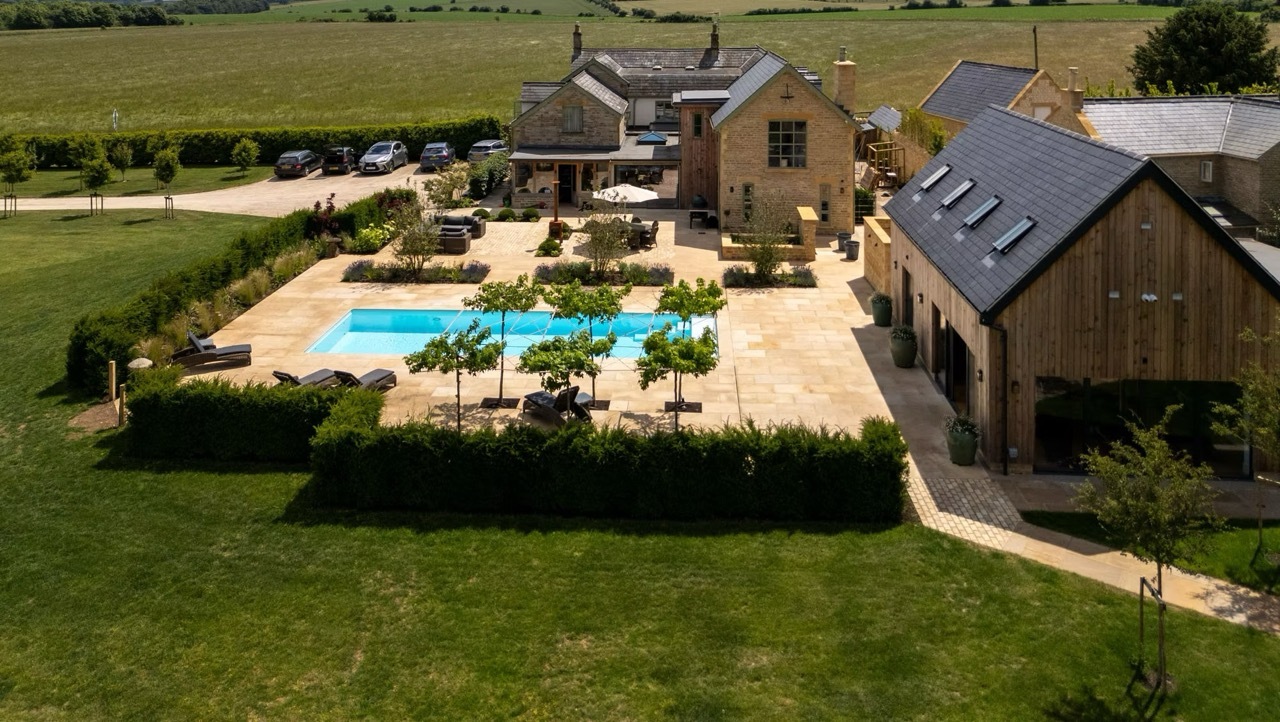
Engaging with local experts who specialise in eco-friendly renovations can provide tailored solutions for listed properties. For instance, Box Capital Developments founded by Charlie Playfair, who brings over 20 years of expertise in managing high-end building projects across the Cotswolds. They blend traditional craftsmanship with modern sustainable techniques to deliver high-quality renovations that honour the character of historic buildings. Their consultancy services provide expert guidance to help homeowners navigate eco-conscious projects with meticulous attention to detail and thoughtful project management.
Consultation with Local Authorities
Before undertaking eco-friendly modifications, it's essential to consult with local planning authorities to ensure compliance with regulations specific to listed buildings. The Cotswold District Council, for example, provides guidance on retrofitting and energy efficiency for historic properties, helping homeowners navigate the balance between preservation and sustainability.
Sustainable Furniture Choices
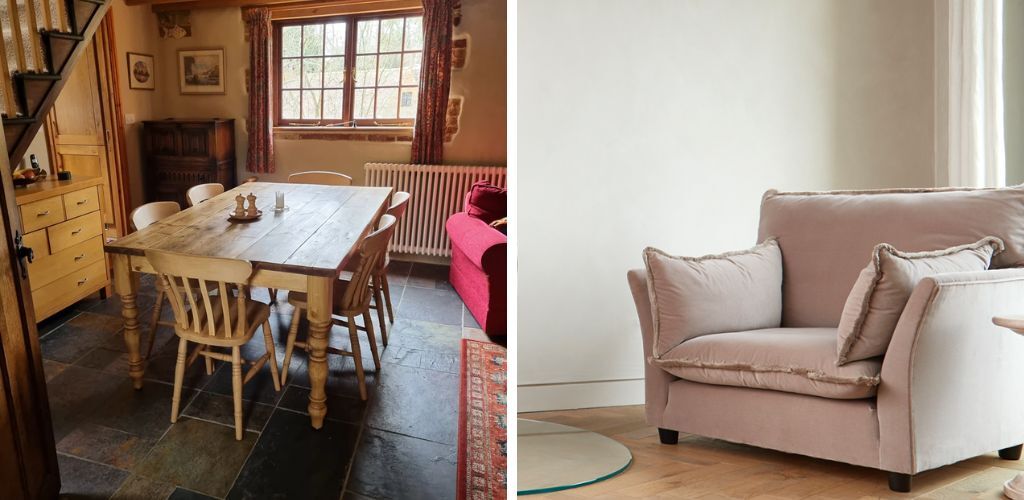
Opting for furniture crafted from reclaimed or sustainably sourced materials can significantly reduce environmental impact. Cotswold Farmhouse Furniture, a family-owned business, specialises in handcrafted pieces made from repurposed timber, combining eco-friendliness with timeless design. Similarly, Planted Furniture in Cheltenham offers bespoke sofas, armchairs, and footstools with an eco-conscious approach, ensuring comfort and sustainability.
Draught-Proofing and Insulation
Addressing draughts around doors, windows, and floors can significantly improve energy efficiency. Applying draught excluders, sealing gaps, and adding secondary glazing where permissible can help maintain indoor temperatures. Eco-Renovation UK specialises in renovating listed properties with a focus on sustainability, offering services that include draught-proofing and insulation tailored to historic homes.
Sustainable Flooring Options
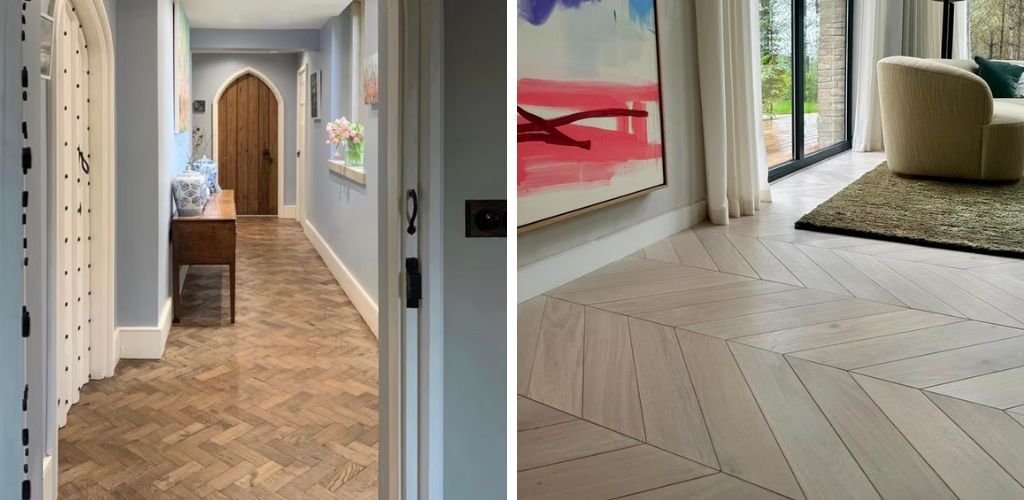
Choosing eco-friendly flooring materials can enhance the sustainability of your home. Serendipity Natura Wood Floors creates custom woodwork using sustainably sourced materials and eco-friendly practices, offering flooring solutions that are both beautiful and environmentally responsible.
Sustainable Hard Landscaping
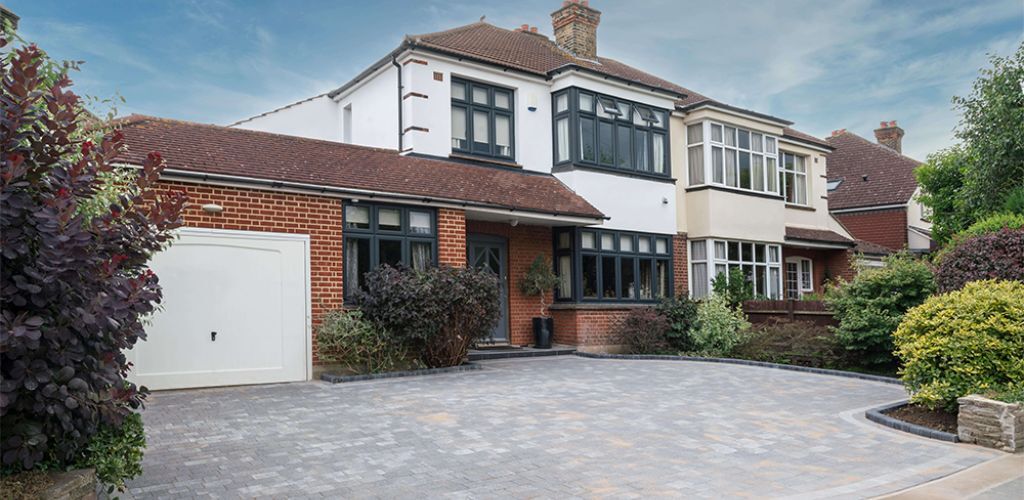
When planning hard landscaping elements such as driveways and patios, opting for permeable materials is a prudent choice. Materials like loose gravel or permeable paving allow rainwater to seep naturally into the ground, mitigating surface water runoff and reducing the risk of flooding. This approach not only supports sustainable drainage systems but also aligns with eco-friendly practices. Cotswold County offers professional installation of resin-bound driveways, a permeable and aesthetically pleasing option that enhances both functionality and environmental responsibility.